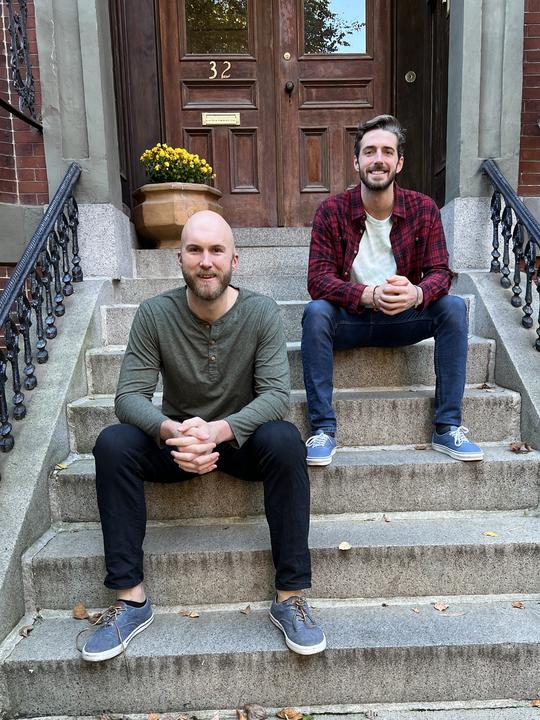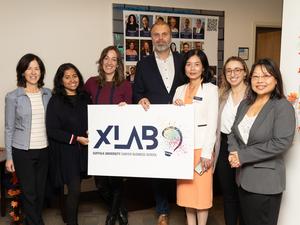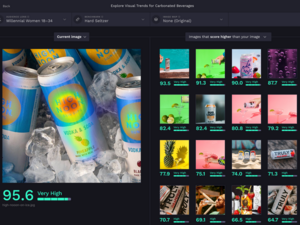
Cameron and Tyler Winklevoss, known in Boston as the identical twins who co-founded HarvardConnection (renamed ConnectU) and sued Mark Zuckerberg for stealing their idea to build Facebook, are backing a Boston-based startup.
One of the twins’ latest investments is in Consensus, a search engine built by South End-based Eric Olson and Christian Salem to combat misinformation online.
Unlike Google, Consensus’ search engine does not choose its top results from the most popular online links, the co-founders told BostInno. It pulls the most relevant answers to questions from over 200 million peer-reviewed research papers through Semantic Scholar. The company is focusing on providing answers to science-related questions, from topics ranging from Covid-19 to economics.
Consensus raised $1.25 million last summer, Olson said, and plans to close a $3 million round within the next month. He said the Winklevoss twins are investors in both rounds.
The Consensus co-founders met as teammates on Northwestern’s football team a decade ago. They stayed in touch, and about six years ago Olson pitched the idea of creating a better tool to find answers from research papers to Salem. During the pandemic, Salem said he called Olson up and said it was time to bring that idea to life.
“The problem really came to a head at that moment in the world when everyone needed good scientific information,” Salem said. “But then the other half of the reason why I think we had to start working on it is I saw AI take a huge step forward.”
Salem said the rise of large language models, which can read text similar to how a human would, has allowed for the creation of products like Dall-E that uses AI to create realistic art from a description.
“AI and the technology that we’re working with right now is incredibly popular and people are wanting to talk about it. And we have a pretty unique approach to it and are using it for something that’s clearly very useful,” Olson said. “Many times what we’re seeing with these first applications of AI is fun party tricks that don’t really have that much of a use. And we hope to kind of capture some of this momentum of the technology in general and be a unique value proposition.”
Sign up for The Beat, BostInno’s free daily innovation newsletter from BostInno reporter Hannah Green. See past examples here.
Prior to co-founding Consensus, Salem was a product manager for the NFL and Olson worked in data science at DraftKings. Along with a team of three engineers, the co-founders set out to build a search engine that was more informative than Google’s “popularity algorithm” but with a better interface than academic search engines.
“What we trained our machine learning models to do is to read through the paper and extract the conclusion,” Salem said. “So, what you see when you do that search are not just links to articles that you then have to go read. On that first search results page, you see answers. Conclusions from the research.”
To train the algorithm to find the most relevant information, Olson said they feed it data that has been annotated by scientists.
“We create a dataset of research questions and possible answers. And we have scientists go through and say which of these best answers the question. And we give that data to an algorithm to learn how to sort answers,” Olson said.
Salem said they hope to add documents like market research, economic white papers and company financial statements to their search engine in the future.
Consensus launched seven weeks ago and has about 15,000 registered users, Olson said. He added that this doesn’t account for unregistered users who have not created accounts. Olson said the search engine’s top users right now are fitness junkies interested in the latest health research and students.
The search engine does not have ads. Right now, Consensus is free to use. In early 2023, Salem said they will add a premium subscription with features that individuals and organizations can purchase. More information will be available next year, Salem said, but users can expect to pay around the price of SaaS subscription products like Zoom or Slack.








